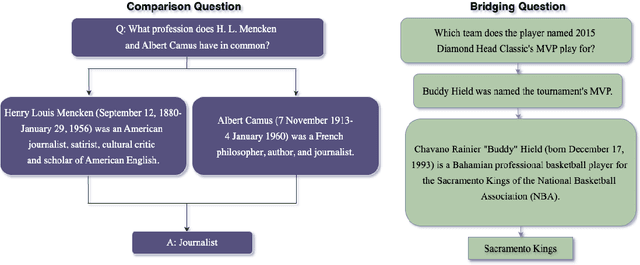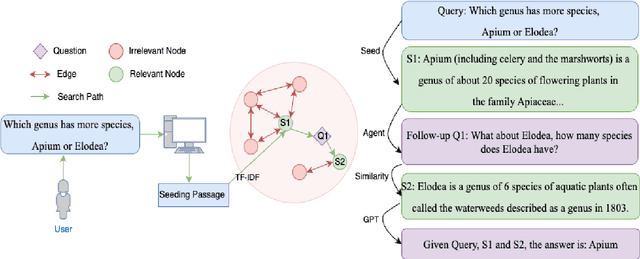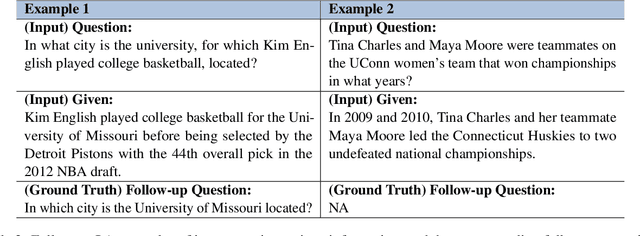Zukang Yang
Integrating Deep Metric Learning with Coreset for Active Learning in 3D Segmentation
Nov 24, 2024



Abstract:Deep learning has seen remarkable advancements in machine learning, yet it often demands extensive annotated data. Tasks like 3D semantic segmentation impose a substantial annotation burden, especially in domains like medicine, where expert annotations drive up the cost. Active learning (AL) holds great potential to alleviate this annotation burden in 3D medical segmentation. The majority of existing AL methods, however, are not tailored to the medical domain. While weakly-supervised methods have been explored to reduce annotation burden, the fusion of AL with weak supervision remains unexplored, despite its potential to significantly reduce annotation costs. Additionally, there is little focus on slice-based AL for 3D segmentation, which can also significantly reduce costs in comparison to conventional volume-based AL. This paper introduces a novel metric learning method for Coreset to perform slice-based active learning in 3D medical segmentation. By merging contrastive learning with inherent data groupings in medical imaging, we learn a metric that emphasizes the relevant differences in samples for training 3D medical segmentation models. We perform comprehensive evaluations using both weak and full annotations across four datasets (medical and non-medical). Our findings demonstrate that our approach surpasses existing active learning techniques on both weak and full annotations and obtains superior performance with low-annotation budgets which is crucial in medical imaging. Source code for this project is available in the supplementary materials and on GitHub: https://github.com/arvindmvepa/al-seg.
CuriousLLM: Elevating Multi-Document QA with Reasoning-Infused Knowledge Graph Prompting
Apr 13, 2024



Abstract:In the field of Question Answering (QA), unifying large language models (LLMs) with external databases has shown great success. However, these methods often fall short in providing the advanced reasoning needed for complex QA tasks. To address these issues, we improve over a novel approach called Knowledge Graph Prompting (KGP), which combines knowledge graphs with a LLM-based agent to improve reasoning and search accuracy. Nevertheless, the original KGP framework necessitates costly fine-tuning with large datasets yet still suffers from LLM hallucination. Therefore, we propose a reasoning-infused LLM agent to enhance this framework. This agent mimics human curiosity to ask follow-up questions to more efficiently navigate the search. This simple modification significantly boosts the LLM performance in QA tasks without the high costs and latency associated with the initial KGP framework. Our ultimate goal is to further develop this approach, leading to more accurate, faster, and cost-effective solutions in the QA domain.
 Add to Chrome
Add to Chrome Add to Firefox
Add to Firefox Add to Edge
Add to Edge